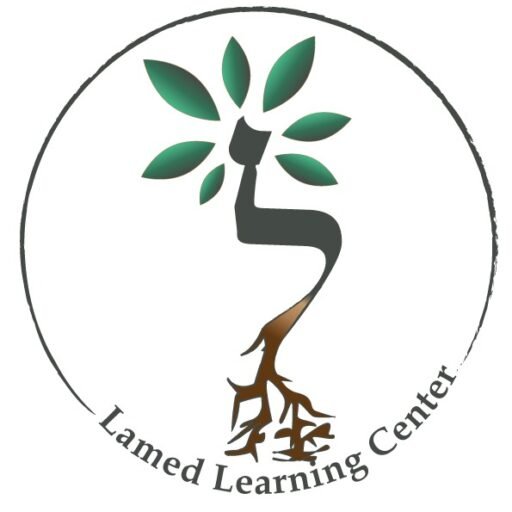Last week we began a new Hebrew month, the month of Elul. This month is extra special to me because the Hebrew date of my my husband and my anniversary is on Rosh Chodesh (the first day of the month). Elul is the last month During the month of Elul, we reflect on the past year and where we stand, and where we should be going for the upcoming year in preparation for Rosh Hashanah and Yom Kippur.
The four letters of the month of Elul are אֱלוּל which is an acronym for אני לדודי ודודי לי (“I am to my beloved and my beloved is to me”) from Song of Songs (6:3). During the month of Elul we return (Teshuvah) to G-d, in return G-d reciprocates with Divine expressions of mercy and forgiveness. We review our deeds and how we’ve progressed over the past year. By increasing our learning, praying, giving of Tzedakah (charity), and Ahavat Yisrael (love for a fellow Jew). Each day during the month of Elul, we sound the shofar (ram’s horn). The shofar is a call for us to stop and repent. Many people have the custom to check their Tefillin and Mezuzot. We begin saying Selichot (communal prayers) for Divine forgiveness, said during the High Holiday season or on Jewish fast days.
All of us (whether Jewish or not) can learn important lessons from the month of Elul. What’s sad to me is that there is a lot of negativity, hate, and strife going on in the world right now. People are very polarized! We can’t have respectful dialogue without resulting to insults and looking down on others who disagree with us. We’re also afraid of things that make us uncomfortable. The scariest part about it is that people fail to see history repeating itself. As a society, we ought to release this residual negativity, forgive people who may have hurt us and let go of anger.
If we truly are to serve and come closer to G-d, we must take an honest look at ourselves; no self-deception allowed. According to Rabbi Sacks “The good society does not just happen. Nor is it created by the market or the state. It is made from the moral choices of each of us. He also talks about the differences between the founding of America, which is a covenant society as a result of the founding documents: The Constitution, Magna Carta, and Mayflower Compact to name a few, verses Britain. Rabbi Sacks continues writing “Covenant means we cannot delegate moral responsibility away to either the market or the state. We – each of us, separately and together – make or break society.” In addition, Edmund Burke said:
“Men are qualified for civil liberty in exact proportion to their disposition to put moral chains upon their own appetites… Society cannot exist, unless a controlling power upon will and appetite be placed somewhere; and the less of it there is within, the more there must be without. It is ordained in the eternal constitution of things, that men of intemperate minds cannot be free. Their passions forge their fetters.”
If we don’t control ourselves, then we must depend on an outside power to do it. This is exactly what has happened in many countries around the world (especially the West). The biblical principles of a free society are almost completely in lost in the West. Perhaps this is why Moshe reminds us throughout the book of Devarim (Deuteronomy) to follow G-d’s commandments. Perhaps this is why it’s important for citizens to study their founding documents and study history.
My hope is that we can use these challenging times we are facing to look inside of ourselves and work on improving so that we can become better, and that we will learn the documents that created free societies. Only then can we change the tide and move towards a more free and just society instead of more corruption and less freedom.
